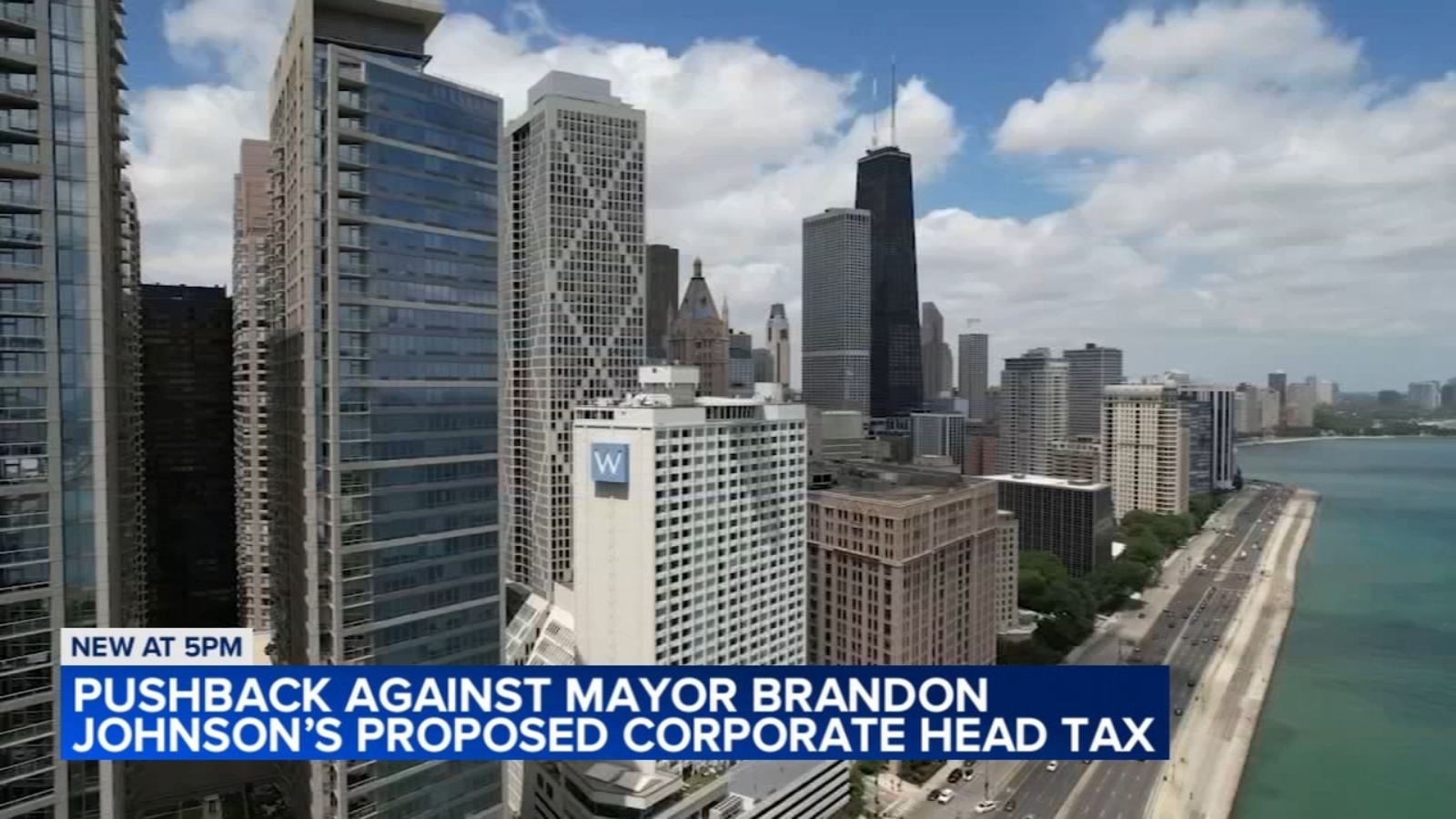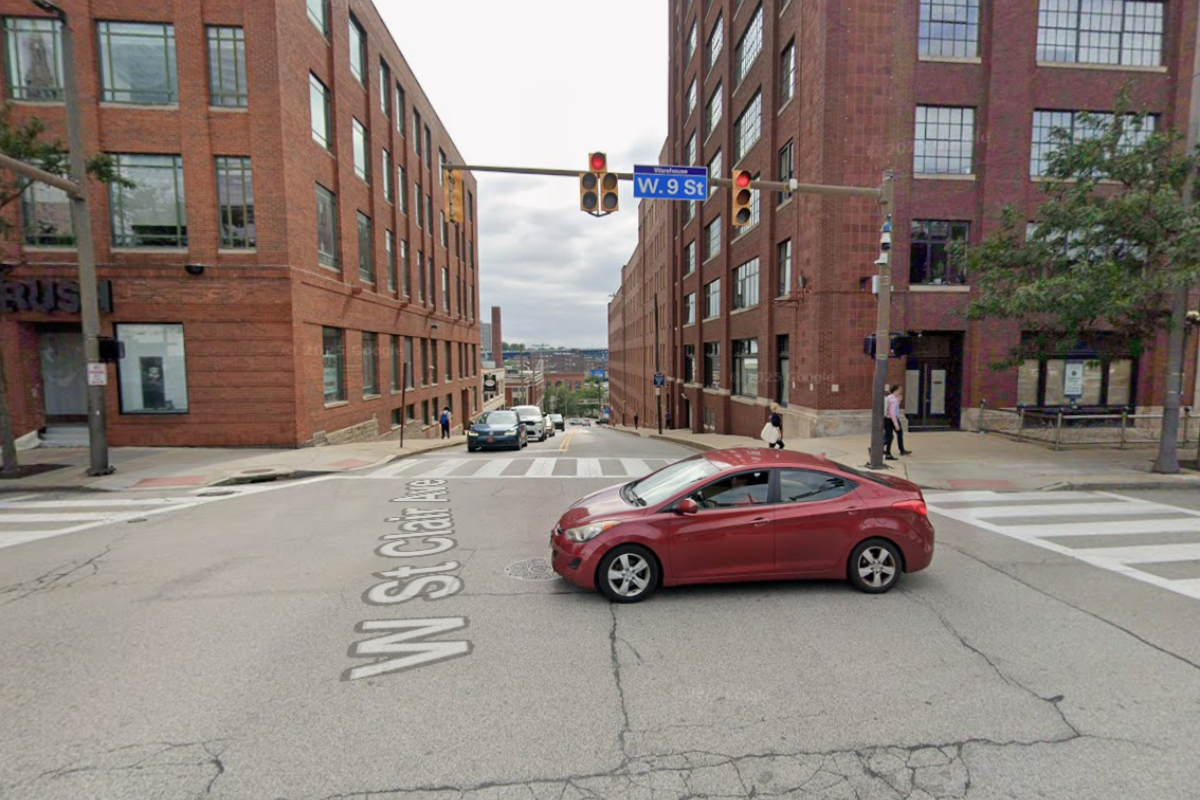BREAKING: Mayor Brandon Johnson is facing intense backlash from Chicago’s business community over his controversial proposal for a $21 corporate head tax. As pressure mounts, local leaders and industry groups are urgently calling for a rejection of the tax, which they claim could severely hinder the city’s economic recovery.
Just announced, the head tax would charge companies $21 per month for every employee who works in a city office at least half the time. Critics argue that this could further destabilize Chicago’s downtown, which is just starting to show signs of life. “Downtown Loop right now is quite vibrant, and it’s getting better every day,” stated Scott Weiner, co-owner of the Fifty/50 Restaurant Group, during a bustling lunchtime in the West Loop.
However, Weiner expressed concern that the head tax may drive companies to adopt more flexible work-from-home policies, ultimately reducing foot traffic and impacting local businesses. “How many companies are going to tell their employees to come to the office two days, work from home three days, and then they can bypass the head tax?” Weiner questioned. “We need people back at work.”
The urgency of this situation is underscored by a new report from the Federal Reserve, which projects a staggering 39.75% decline in hiring across Chicago over the next year—the lowest since March 2020 during the pandemic. This alarming forecast adds weight to the argument against the proposed tax, as business leaders face a challenging hiring environment.
The Civic Committee, a prominent business advocacy group, is calling the head tax a “hostile move” that threatens growth and the city’s tax base. President Derek Douglas stated, “You don’t put in a policy that will hurt growth… to solve this other problem.” He emphasized that the tax impacts a significant percentage of jobs, not just companies, challenging the mayor’s claim that only 3% of businesses would be affected.
Adding to the complexity, Gov. Pritzker has also voiced his opposition to the mayor’s tax proposal, further complicating the budget discussions. Alders are raising concerns about various elements of Johnson’s nearly $17 billion budget, indicating that negotiations over revenue and spending may drag on for months.
As tensions rise, all eyes are on City Hall to see if the mayor will reconsider the head tax in light of the mounting opposition. The outcome of this debate could significantly impact Chicago’s business landscape and its recovery trajectory in the coming months.
The situation remains fluid, and further updates are expected as local leaders continue to weigh their options. Stay tuned for the latest developments on this critical issue that affects the future of Chicago’s economy.






